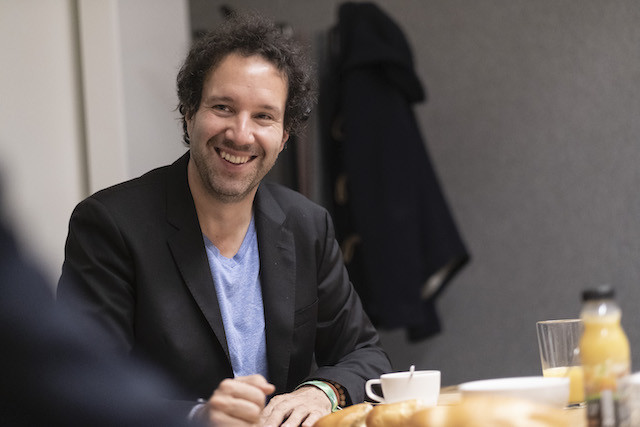On Thursday, CSV MP Paul Galles tabled the motion during a wider debate on integration policy. With 179 different nationalities living in Luxembourg who have no voting rights in legislative elections, and foreign nationals constituting almost half the country’s resident population and three quarters of its workforce, Galles said the CNE’s missions were particularly important.
Created as a body to give opinions on laws impacting the international community, the CNE counts 22 members elected by the 68 international not-for-profits (ASBLs) registered with the integration ministry, plus 12 appointed members from unions, employers and civic life.
In a February 2020 Delano report, its members complained of not being able to carry out its duties as a result of under-resourcing and organisation failings.
In its 2018 coalition agreement, the government said the body would be subject to a consultation and subsequently reformed. While the consultation was carried out in 2020, no further details about its content have been published in 2021. Integration minister Corinne Cahen (DP) said in November 2020 she expected a first draft of the reform before the end of 2021. On Thursday, MP Max Hahn (DP) tabled a motion for the outlining of a draft reform on the reception and integration of foreigners.
The Migration Integration Policy Index issued Luxembourg with an improved score of 64 out of 100 in 2020, praising its “comprehensive approach to integration by securing basic rights for foreign and national citizens,” and scoring the country highly for political participation.
But there is a great deal of work still to be done, according to foreign worker’s rights association Asti. In a November 2020 op-ed, former Asti president Serge Kollwelter said that schools and housing were the main challenges for integrating different social strata, followed by foreign voting rights.
A 2015 referendum saw Luxembourg voters outright reject allowing foreign residents the right to vote in legislative elections. Currently, they can vote in communal elections providing they have lived in the country for at least five years.
